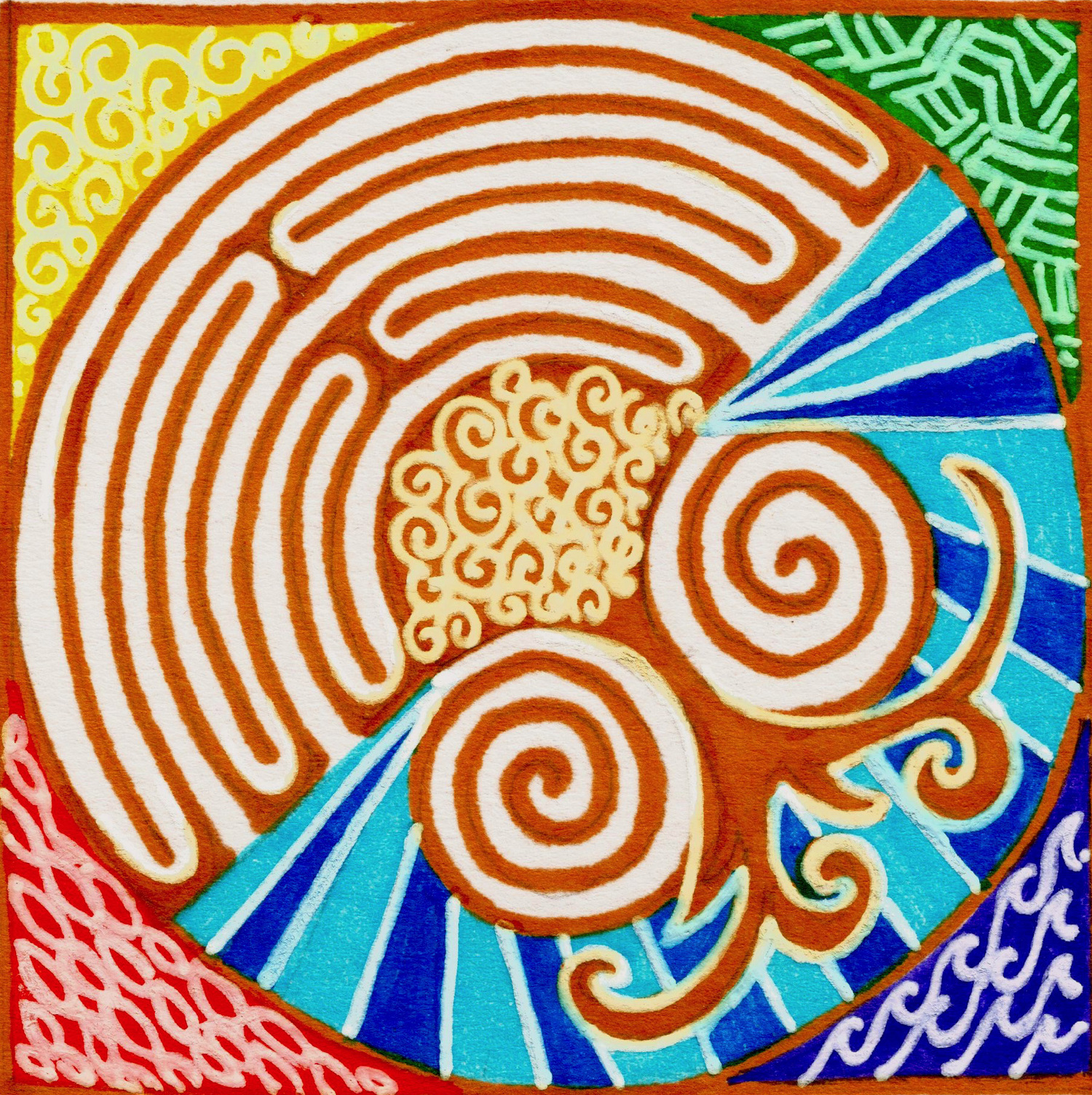On of my favorite radio programs/podcasts is OnBeing with host Krista Tippett. On their website it says it is a “public radio conversation” as well as “publisher and public event convener.” Speakers explore the question of “what it means to be human and how do we want to live.” The website goes on the say: “We explore these questions in their richness and complexity in 21st-century lives and endeavors. We pursue wisdom and moral imagination as much as knowledge; we esteem nuance and poetry as much as fact.”
Over the years the show has introduced me to a wide assortment of theologians, scientists, philosophers, writers and poets. I've heard the voices of those whose words I had only absorbed on the printed page (one of my favorites was hearing John O’Donohue with his rich Irish brogue.) Speakers offer me reflections, challenges, invitations that resonate or ideas that I push back against. Sometimes the conversations stay inside my own head. Other times I share them with friends and look for open places to unpack and explore in community.
This week I was introduced to someone new: Kevin Kling—storyteller, “funny guy,” poet, playwright. Born with a “disabled” left arm and then in his forties losing the use of his right arm in a serious accident, he uses stories to explore the deeper issues of loss and growth in life.
Kevin Kling, The Losses and Laughter We Grow Into. On Being May 22, 2016
Here is one his reflections: “When you are born with loss you grow from it. When you experience a loss later in life, you grow toward it.” He unpacks this in his talk, but the essence of what I heard him saying is, one who is born with a disability hears the language that is used to describe it and will adapt and grow around that. It is part of the story that defines them.
One who experiences a loss later in life, will need to reframe who they are, this new person as part of the old, and reevaluate what still matches who they are and what is no longer relevant. In other words, they grow “toward” the loss.
Though his example was a physical loss (use of his right arm), he also referenced other losses, such as death of a loved one or anything that shifts our life path off how we expected it to unfold. To add to his idea of moving "toward" he offers “a slow move toward an embrace. An embrace that leaves you holding tight the beauty wrapped in the grotesque. An embrace that becomes a dance, a new dance…” It is not easy, but when I can embrace my loss, then my loss and I can dance. And at that level of intimacy, I come to accept my loss as part of my story.
Loss is part of the life journey. It can appear as a small as the gradual compression of bone, so tiny you hardly notice your height is gone until you look back at old photos. Or it can be a tsunami disrupting life to your very core. Perhaps holding the image of a dance, a new dance way off to the side, in the shadows until you ready to take a few tender, tentative steps—embracing your story is a way forward.






